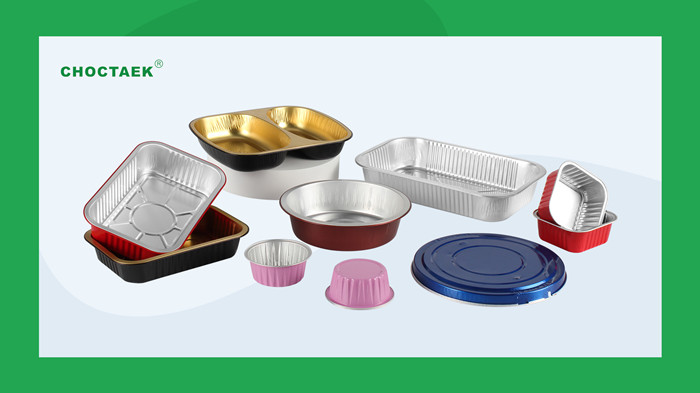An undated article from a website called “Natural Beauty Secrets” that has been circulating on social media warns that cooking with aluminum allows it to
leach into food and cause cancer and different neurological conditions — including dementia, Alzheimer’s and autism spectrum disorders. Aluminum is found
in many household products, including utensils, foil, baking powder and over-the counter medicines. It is the most common metal and makes up 8% of the
Earth’s mass. Because of this, aluminum is literally everywhere, including drinking water and food. Some foods, like citrus fruits, have more aluminum than
others. Naturally occurring aluminum is rarely encountered in its metallic, elemental form. Typically, aluminum is found in the environment as aluminum
salts or other compounds such as aluminum citrate. This material circulates through the environment and food web. Adults naturally have between 30-50
milligrams of aluminum in their body at any given time.
Fact check: Exposure to aluminum through food does not cause neural issues or cancer
Vincent Gabrielle
USA TODAY
The claim: Heat causes aluminum to leach into food and causes dementia, Alzheimer’s, Parkinson’s and cancer
An undated article from a website called “Natural Beauty Secrets” that has been circulating on social media warns that cooking with aluminum allows it to
leach into food and cause cancer and different neurological conditions — including dementia, Alzheimer’s and autism spectrum disorders.
Aluminum is found in many household products, including utensils, foil, baking powder and over-the counter medicines. It is the most common metal and
makes up 8% of the Earth’s mass. Because of this, aluminum is literally everywhere, including drinking water and food. Some foods, like citrus fruits, have
more aluminum than others.
Naturally occurring aluminum is rarely encountered in its metallic, elemental form. Typically, aluminum is found in the environment as aluminum salts or
other compounds such as aluminum citrate. This material circulates through the environment and food web. Adults naturally have between 30-50 milligrams
of aluminum in their body at any given time.
“Analytical chemistry is sufficiently sensitive now that I’m not aware of anything that, naturally, in our environment, food, water and everything else, where it
cannot be detected,” said Dr. Robert Yokel, a professor of toxicology at the University of Kentucky who studies aluminum.
Aluminum is not a nutrient. In food additives, aluminum compounds are used as preservatives, for color or for leavening breads without active yeast. A
spokesperson for the Food and Drug Administration confirmed by email that the agency considers it safe for use in food, food preparation and medicines.
This content comes from the Internet. If there is any infringement, please let us know and it will be deleted as soon as possible.
Post time: Oct-25-2022

